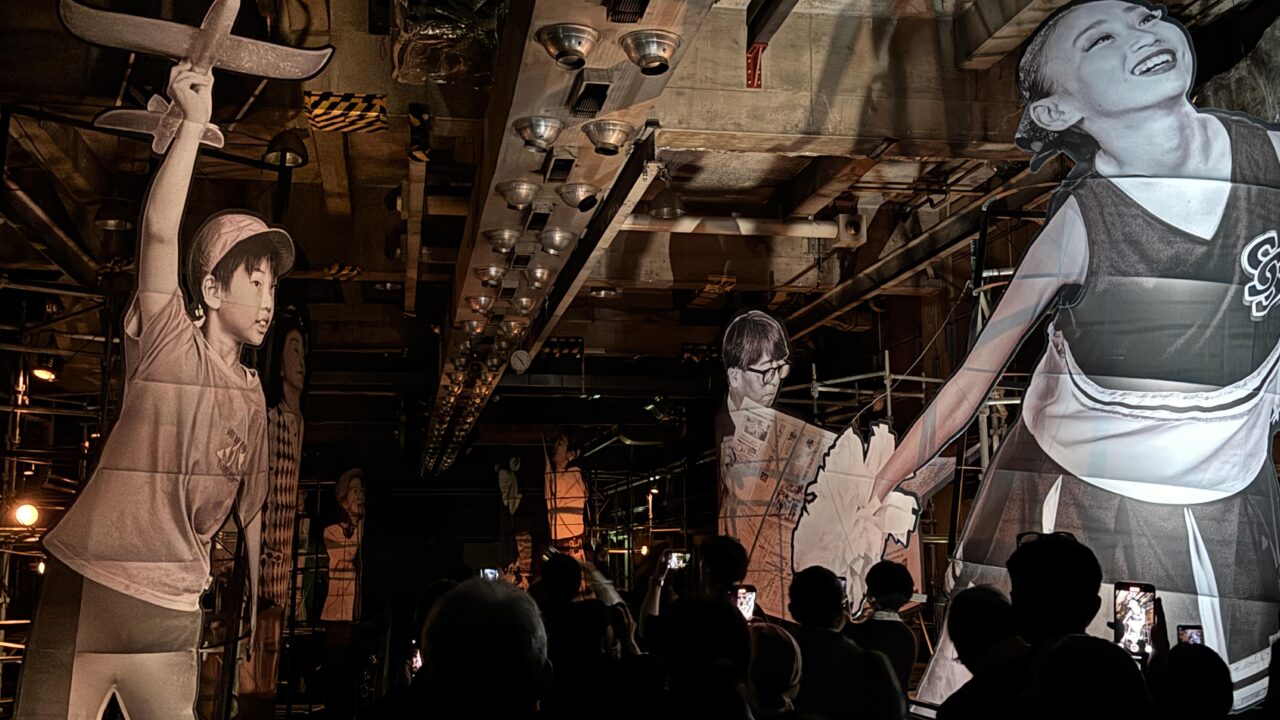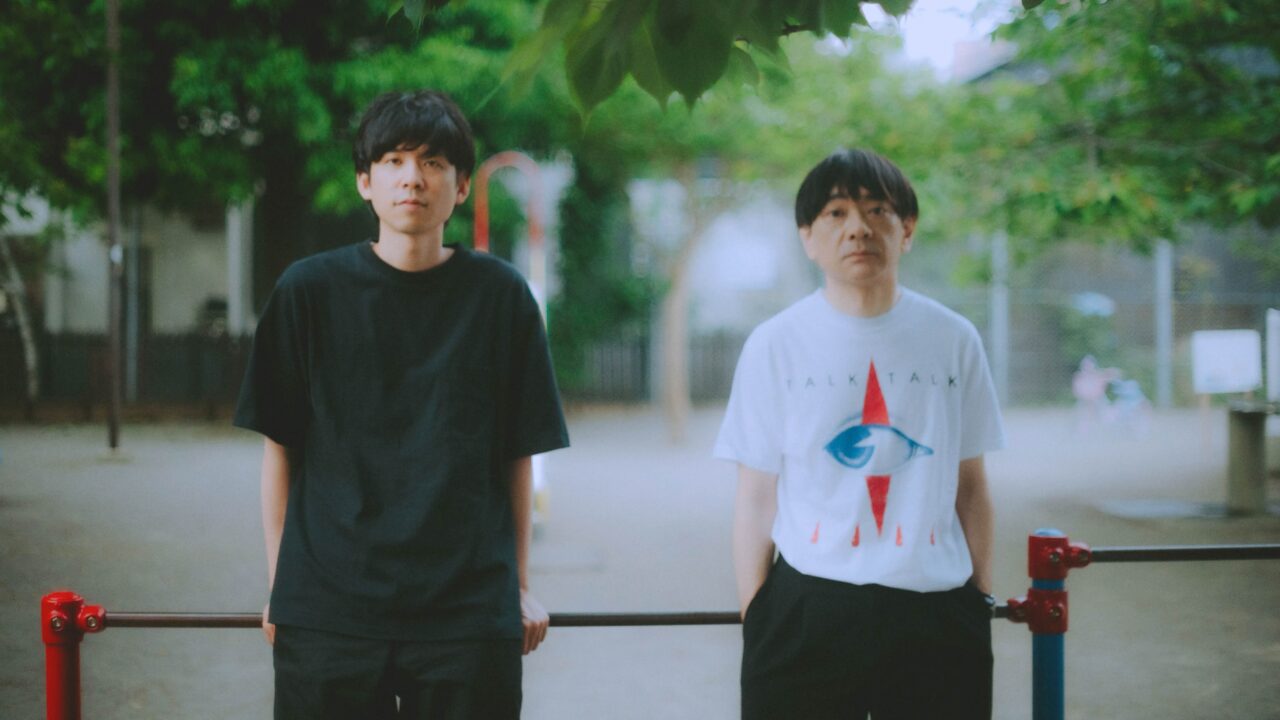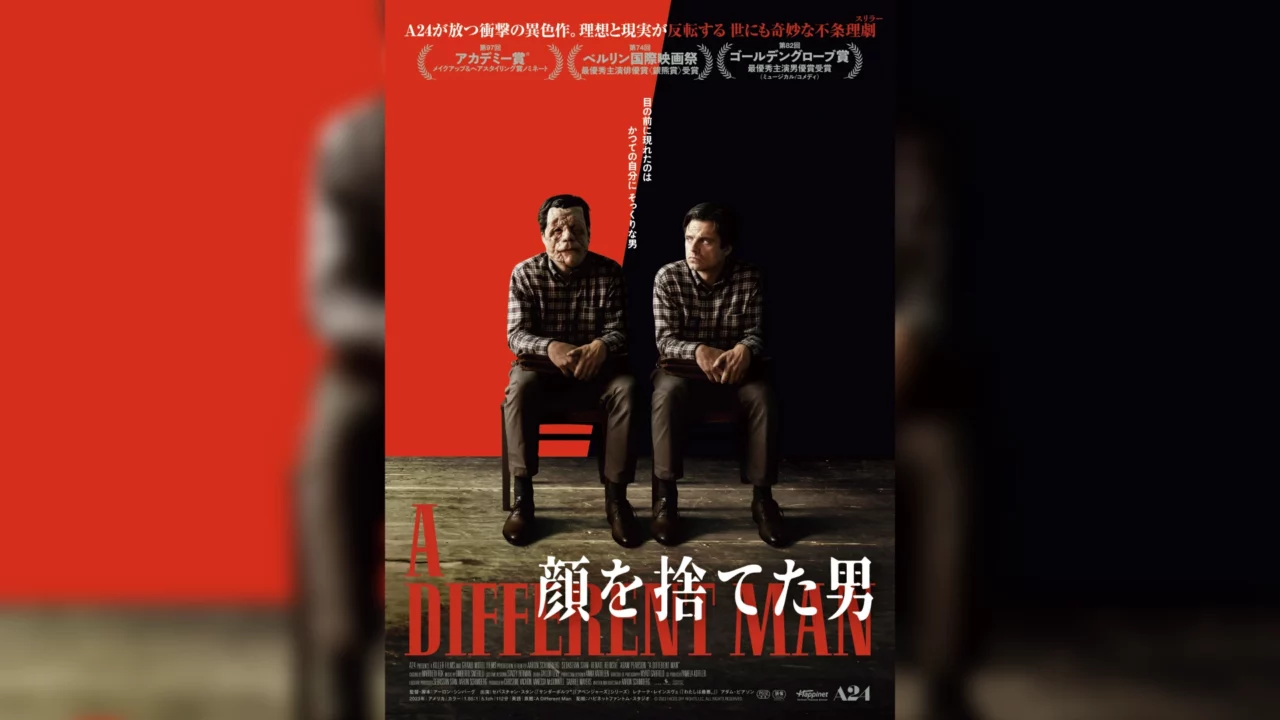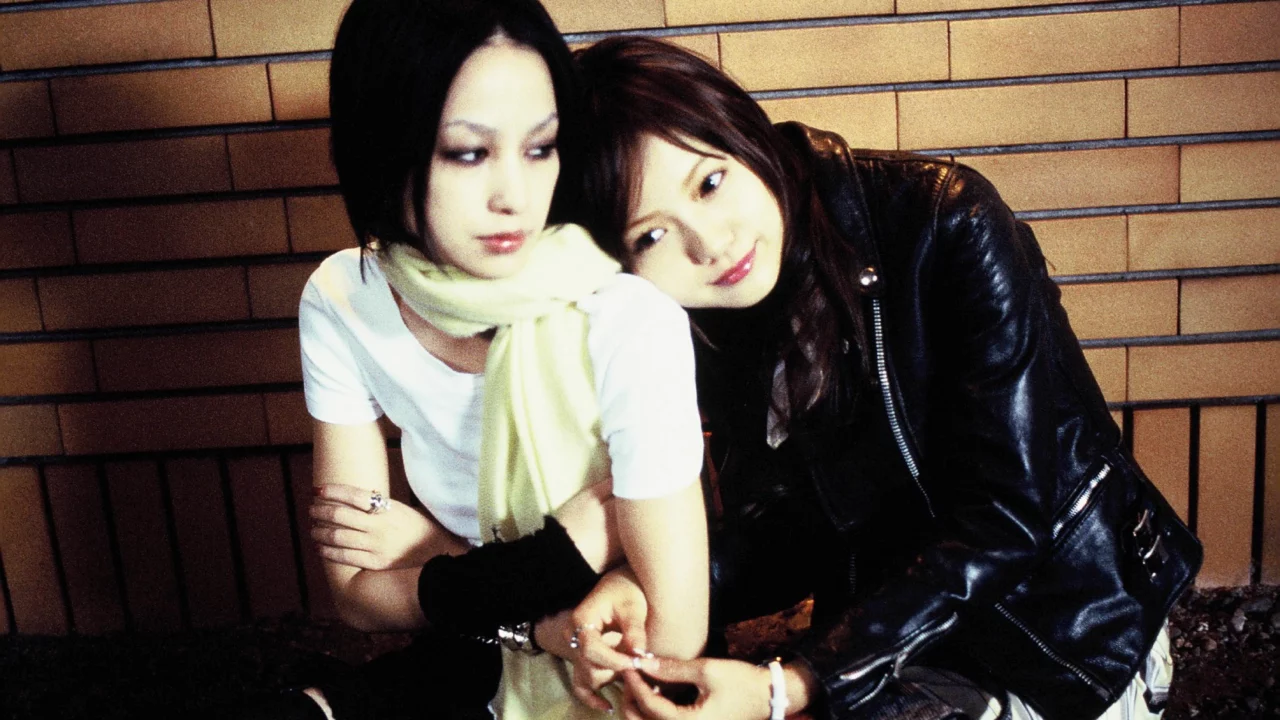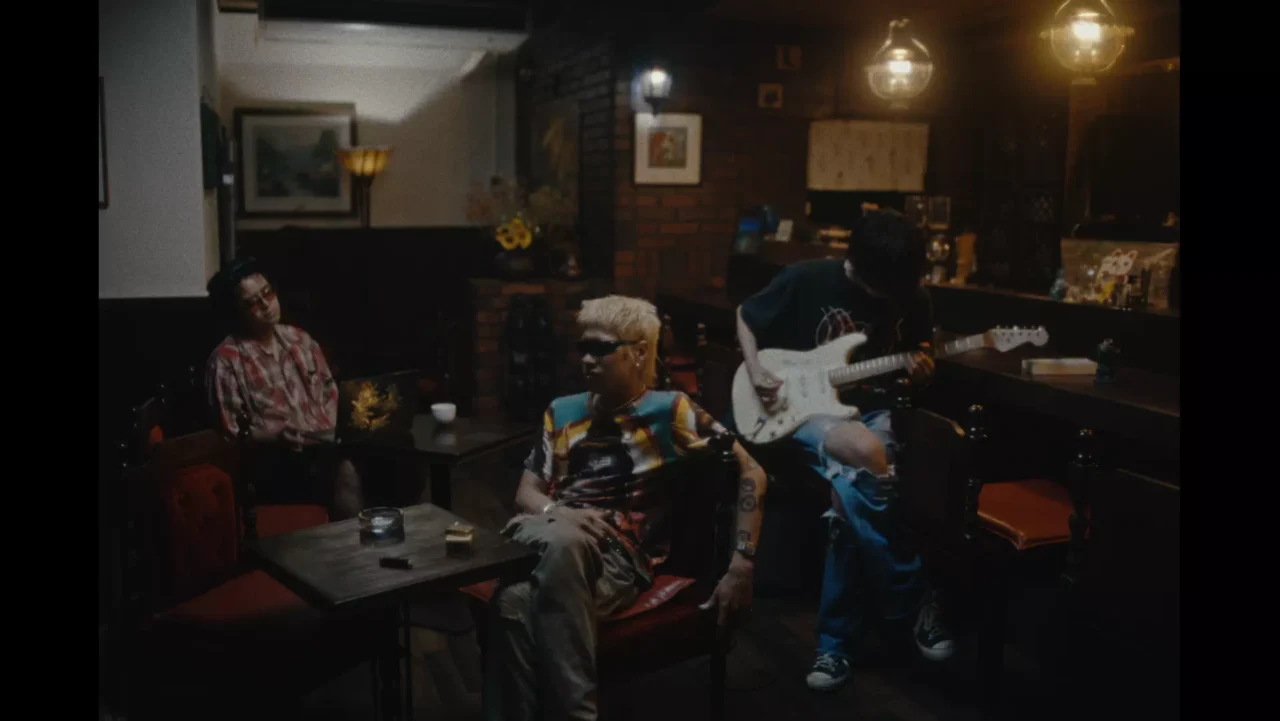The film ‘The Assistant’ critically addresses harassment issues reminiscent of the case involving American film producer Harvey Weinstein, a central figure in the #MeToo movement. This film, directed by Kitty Green in her narrative feature debut, quickly gained attention.
Kitty Green, leveraging her background in documentary filmmaking, meticulously researched real-life issues before bringing them to the screen, aiming to provoke discussion on important topics. Her latest film, ‘The Royal Hotel,’ set to be released on Friday, July 26, explores harassment in a real Australian pub. The movie portrays the unsettling experiences of two backpackers working in the pub, who face inappropriate behavior from the patrons, all depicted from a realistic female perspective. The film is a feminist narrative that vividly captures the suffocating reality where no help is forthcoming, leading to a provocative conclusion. In an interview, the director expressed her hope that the film would spark meaningful debate and shared her motivations behind its creation.
INDEX
Discussing Potential Harassment Situations Could Help Prevent Them
-In your previous film ‘The Assistant,’ you depicted the systemic structure that perpetuates harassment and sexual abuse through the daily experiences of a new assistant working at a film company. In your new film ‘The Royal Hotel,’ you also portray two women who suffer harassment in a closed-off male-dominated society. The story feels so relatable that it seems as if it could happen anywhere in the world.
Kitty: Thank you. While the film is set in an ordinary bar, I believe that depicting the story from a female perspective has made it a work capable of sparking widespread discussion.
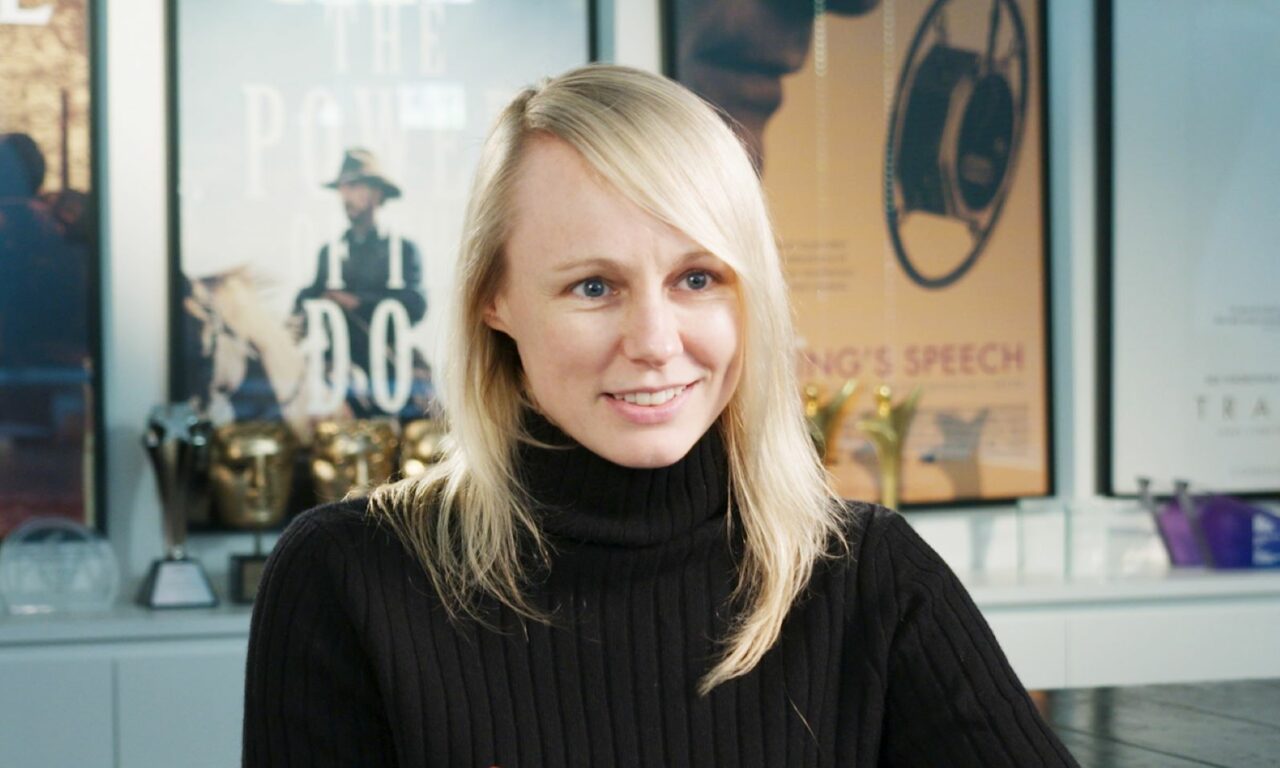
Australian film director and screenwriter born in Melbourne in 1984. She made her debut in 2013 with the documentary “Ukraine Is Not a Brothel,” which focuses on the Ukrainian feminist protest group FEMEN. The film was screened at over 50 film festivals worldwide, including the 70th Venice International Film Festival. In 2015, her short documentary “The Face of Ukraine: Casting Oksana Baiul” won the Short Film Jury Prize at the 31st Sundance Film Festival. In 2017, she directed the Netflix original documentary “Casting JonBenet,” which won the Best Feature Documentary Award at the 7th AACTA Awards. Her first feature film, “The Assistant” (2019), tackled the issue of workplace harassment. Her latest film, “The Royal Hotel,” was nominated for the Best Film award at the 71st San Sebastián International Film Festival.
-Why did you choose to focus on the theme of “harassment” again in this film, following your previous work?
Kitty: What interests me in both works is the process by which harassment ultimately leads to sexual violence. While it might not be sexual violence in itself, there are behaviors that can create discomfort or carry the risk of escalating into rape or violence.
-I have witnessed behavior that goes too far.
Kitty: I often think that if we could raise our voices a bit earlier, before harassment actually happens, we might be able to prevent harm before it affects someone. Instead of judging without room for discussion, talking together about situations that might be harassment, such as “Could this be harassment?” could be one way to prevent things from escalating further. That’s why I chose to address this theme again.
-Are you suggesting that it’s not just about having knowledge of harassment, but also about fostering more conversation and dialogue among each other?
Kitty: I believe we should have those conversations, and fiction films can serve as a good hook for discussions. For example, in a fictional film, you can use close-up shots to focus on a character’s actions or expressions. This helps to objectively show how certain behaviors can create an unsafe impression for others, even if it wasn’t intended.
-The screen allows you to objectively see how the other person might be feeling.
Kitty: Yes, that’s right. As a filmmaker, I’m aware that I have these tools at my disposal. By capturing how certain actions might affect someone’s feelings on camera, I hope that people can discuss their thoughts and reactions through the film. This, to me, represents an ideal outcome.




